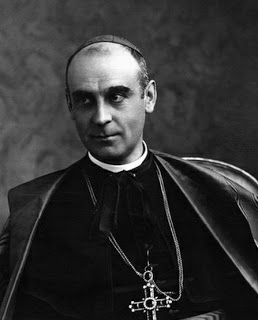Come Holy Spirit, fill the hearts of your faithful and kindle in them the fire of your love. Send forth your Spirit and they shall be created. And You shall renew the face of the earth.
Our Catholic Study Group opens its weekly meetings with the “Come Holy Ghost” prayer, and after doing so one evening, we briefly discussed whether it is better to use the name “Holy Ghost” for the Third Person of the Holy Trinity, or whether it is better to use “Holy Spirit”.
Upon checking with the Oxford English Dictionary we see that “ghost” is derived from the Germanic:

“Spirit”, on the other hand, has multiple origins, but is clearly derived from the Latin:

Spīritus
The Latin word “spīritus” is from the Latin spīrō (“I breathe; I blow, exhale, emit; I respire; I live; I am inspired; I show, express”). The word itself means “air, breath, breathing, light breeze, spirit, or ghost”.
The deepest etymological roots of the word “spirit” lead me to favor it, as it’s Latin meaning is associated with breath, matching the Koine Greek Πνεύματος (pronounced “PNYOO-mah”) (See Acts 1:2) and the Hebrew רוּחַ (pronounced “ROO-akh”) of the Old Testament, which both mean “spirit, wind, breath”. That is certainly the reason why St. Jerome chose the word spīritus for the Vulgate and his predecessors chose the same word for the Vetus Latina manuscripts.
Google Books Ngram Viewer
The Google Books Ngram Viewer is an online search engine that charts the frequencies of any set of search strings (phrases, in this case) using a yearly count of such phrases found in printed sources published between 1500 and 2022. Using this tool, we see that the usage of “Holy Ghost” and “Holy Spirit” roughly tracked each other in relative frequency of appearance in texts published in English from 1700 through the early 1980s. Thereafter, “Holy Spirit” rapidly became the dominant term for the Third Person of the Holy Trinity. There is nothing new about the use of the English word “spirit” in referring to the Third Person of the Holy Trinity.

Conclusion
I can find many reasons to use the phrase “Holy Spirit” and no theological reason not to use the term. The English word “spirit” is derived from the Latin “spiritus” which means “air, breath, light breeze, spirit, or ghost”, which matches the meanings of the Koine Greek Πνεύματος of the New Testament and Hebrew רוּחַ of the Old Testament very well. Moreover, “spirit” and “ghost” have been synonyms for quite some time in English.
Having said that, use whatever term has more meaning for you.



